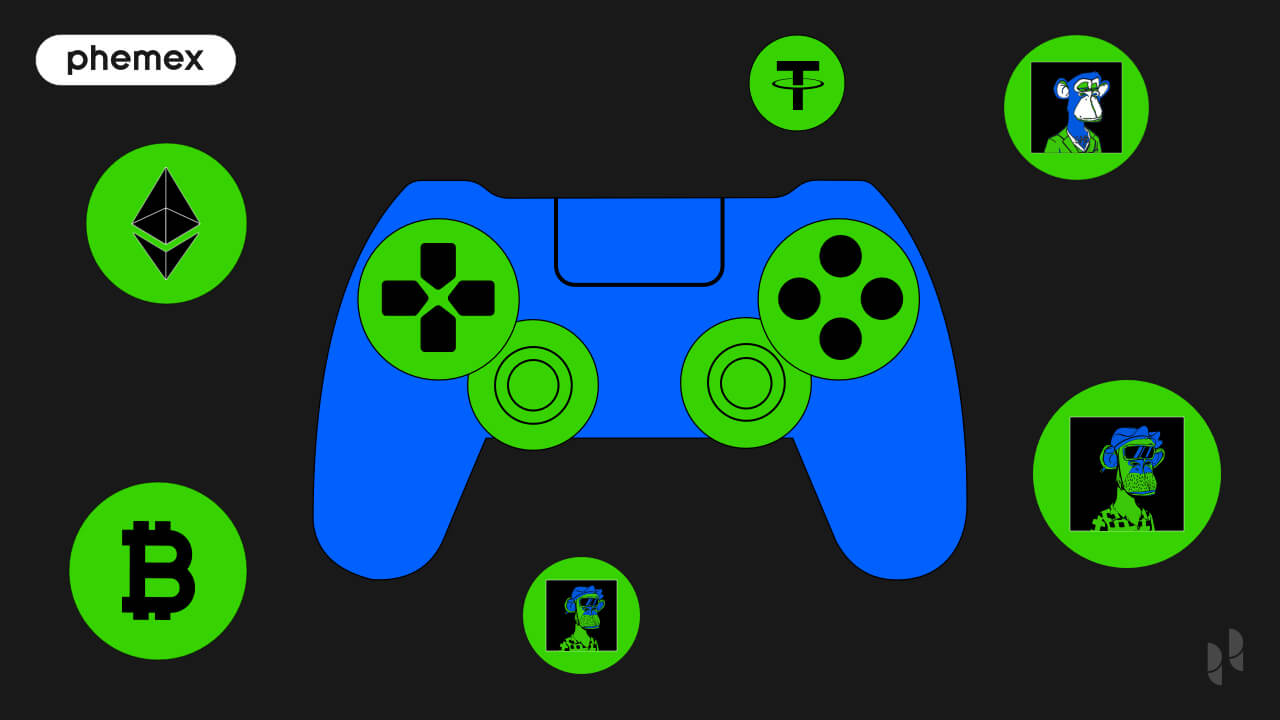Key Takeaways:
- Smart contracts automate rules in Web3 games, removing the need for intermediaries.
- Players gain transparency and security, knowing game outcomes are verifiable on the blockchain.
- Trustless gaming boosts fairness, reduces fraud, and reshapes the player experience in the metaverse.
Introduction: The Rise of Trustless Gaming
Web3 gaming is transforming the traditional gaming landscape by introducing trustless environments powered by smart contracts. Unlike conventional games, where players rely on developers to enforce rules and manage rewards, Web3 games leverage blockchain technology to automate and verify every action. This ensures fairness, transparency, and security, enabling a new era of player-centric gaming experiences.
Smart contracts, self-executing agreements encoded on the blockchain, are at the heart of this revolution. They eliminate intermediaries, guarantee predictable outcomes, and prevent manipulation. For players and developers alike, this is a game-changer—literally.
How Smart Contracts Automate Game Mechanics
At the core of Web3 games, smart contracts automate essential gameplay elements such as reward distribution, in-game purchases, and progression milestones. Once deployed, these contracts execute predefined rules automatically. For instance, when a player completes a quest or wins a match, the smart contract immediately releases the corresponding rewards without manual intervention.
This automation reduces reliance on centralized servers or human oversight, creating a truly trustless environment. Players can be confident that the rules are consistent and enforced equally, while developers benefit from reduced operational overhead and fraud risks.
Also read : Step-by-Step Guide to Buying Your First NFT Game Asset
Transparency and Security in Player Interactions
Web3 games thrive on transparency. All transactions, in-game assets, and player actions are recorded on an immutable blockchain ledger. Smart contracts provide verifiable proof of every interaction, which prevents cheating, fraud, or arbitrary rule changes.
For players, this transparency fosters trust in a decentralized ecosystem. They can confirm ownership of rare items, track game progression, and verify reward distributions. Security is also enhanced because blockchain’s decentralized nature makes it highly resistant to hacking and data tampering, ensuring a safer gaming environment.
Trustless Gameplay: Redefining Player Experience
The concept of trustless gameplay fundamentally changes how players engage with games. No longer do they have to rely on centralized authorities or fear hidden manipulations. Smart contracts guarantee that every action and outcome adheres to the predefined logic, making experiences fair and predictable.
Moreover, trustless systems enable interoperability and new economic models in gaming. Players can trade assets freely, participate in play-to-earn ecosystems, and even transfer items across games and platforms, all while maintaining verifiable ownership. This creates a more engaging, rewarding, and sustainable gaming experience that aligns with the principles of Web3.
Conclusion: The Future of Fair and Transparent Gaming
Smart contracts are the backbone of trustless Web3 gaming. By automating rules, ensuring transparency, and enhancing security, they eliminate the traditional reliance on centralized authorities, creating a fair and verifiable ecosystem for players worldwide. As Web3 gaming continues to evolve, smart contracts will remain central to building a more secure, engaging, and equitable digital playground.
Trustless games are not just a technological advancement—they are a paradigm shift, putting players in control and redefining what it means to play and earn in the metaverse.
Disclaimer: The information in this article is for general purposes only and does not constitute financial advice. The author’s views are personal and may not reflect the views of GameDegen.com. Before making any investment decisions, you should always conduct your own research. GameDegen.com is not responsible for any financial losses.




